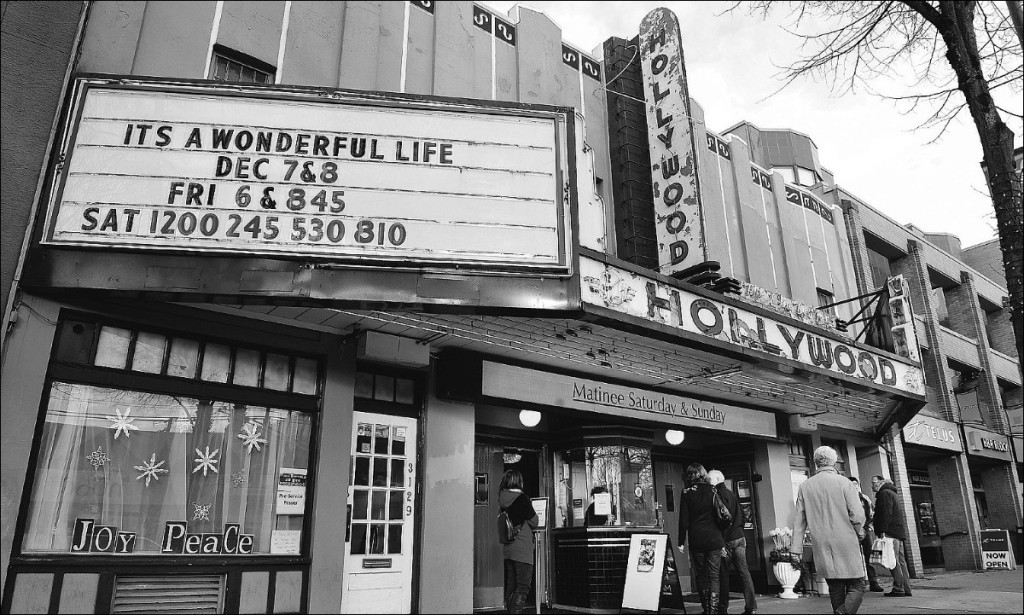
Remembering Christopher Lee
By Adam Tatelman, Staff Writer
The first time I ever saw Sir Christopher Lee on the big screen was in The Lord of the Rings: The Fellowship of the Ring. Having not yet read Tolkien’s epic, I didn’t know who this Saruman guy was supposed to be—only that he scared the life out of seven-year-old me. Five times Lee reprised that role over the next 14 years, and I remained rapt for every moment he was on screen. Few actors can lend believable gravitas to such fantastical characters, let alone make them feel truly immortal. Lee was an actor who spent nearly three quarters of a century doing exactly that.
After a number of unflattering roles in his early TV and film career, Lee was cast, thanks to his towering frame, as the Monster in Hammer Films’ The Curse of Frankenstein.This began nearly two decades of Hammer Films horror sequels starring Lee as every abomination from the Mummy to Dracula, though his predatory portrayal of Bram Stoker’s legendary bloodsucker was by far his most defining role.
Lee’s career revolved around villainy. He was considered too tall to be a leading man, and instead found himself repeatedly thrust into the role of the adversary. Two of his notable villain roles were Scaramanga, the classy rival assassin to James Bond in The Man with the Golden Gun, and Count Dook, the aristocratic Sith Lord extraordinaire in Star Wars: Attack of the Clones.
Lee also enjoyed a number of more mainstream roles during the 1970s, one of them being his portrayal of the famous British sleuth in The Private Life of Sherlock Holmes. However, he swiftly returned to form as the nefarious Comte de Rochefort in Richard Lester’s The Three Musketeers. He also lent his spooky, gothic charm to Tim Burton’s Corpse Bride and Sleepy Hollow. His most quirky film was probably the Twin Peaks-esque, 1973 movie The Wicker Man.
But acting wasn’t Lee’s only talent. Being a classically trained singer, he formed a metal band called Rhapsody of Fire. He also published several concept albums such as Heavy Metal Christmas and Charlemagne, the latter of which had a personal connection for Lee since his family is partly descended from the real Charlemagne. In fact, some of Lee’s most uproarious roles include musical numbers, such as the infamous “Name Your Poison” scene from the corny 1980s superhero film The Return of Captain Invincible.
In addition to his dramatic work, Lee heavily donated to charity. As a result, he was appointed a Commander of the Venerable Order of Saint John in 1997, then Commander of the Order of the British Empire in 2001, and finally a Knight Bachelor on the Queen’s birthday in 2009.
Lee’s naturally imposing charisma and melodic basso voice brought life to some of the most memorable villains of yesteryear and modern cinema alike. His first role, over 80 years ago, was in a school production of Rumpelstiltskin as the eponymous demon, which was perhaps foretelling of his future career. Lee had an undeniable talent for taking the corniest schlock imaginable and turning it into something entertaining, or even beautiful.
Time and again, he made us all believe he really was immortal. So here’s to you, Sir Christopher. May your memory never die.


